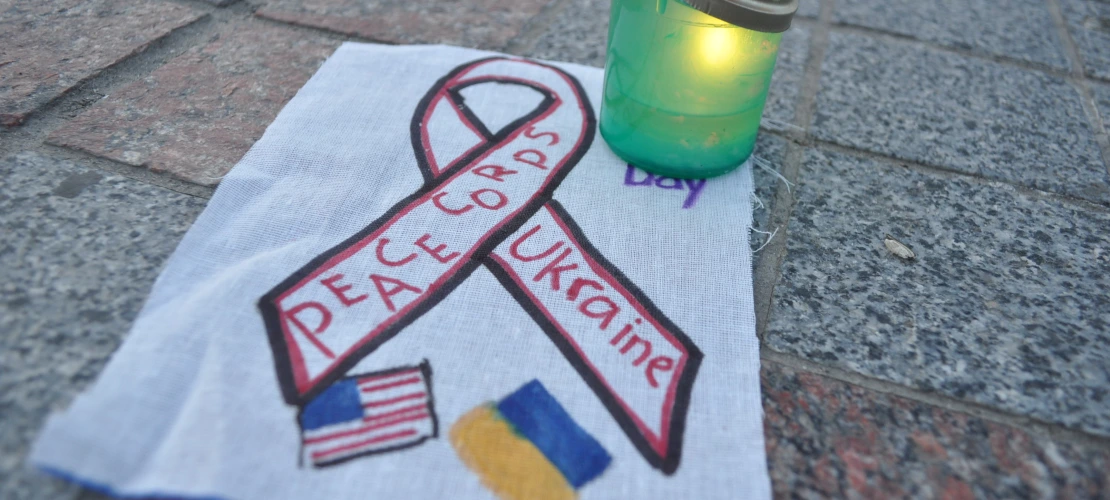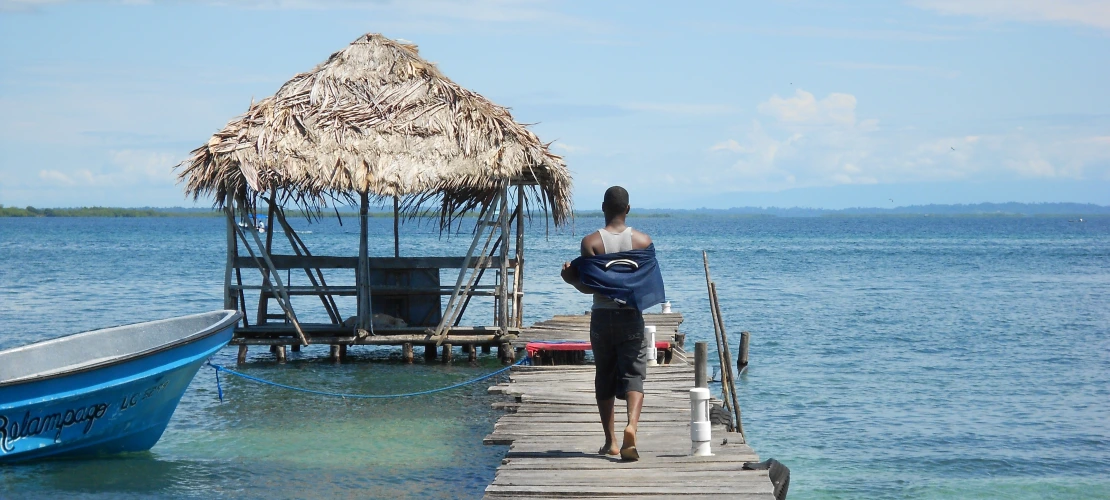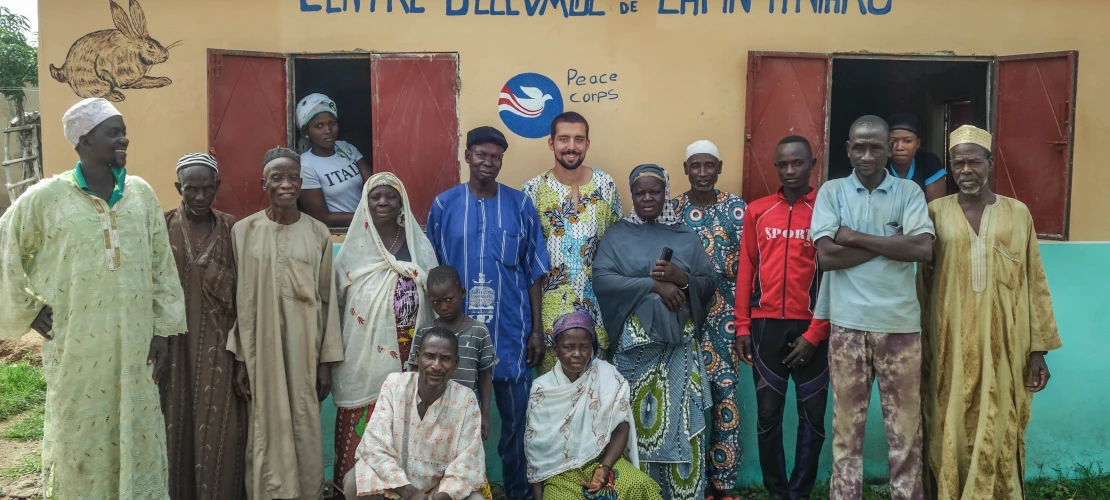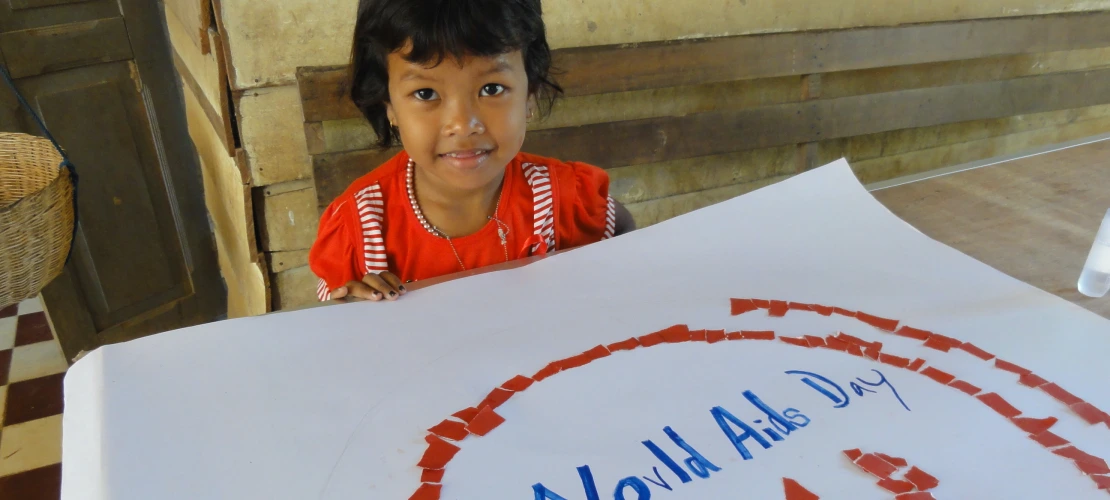Peace Corps Prep is a certificate program for undergraduates that centers on one empowering question:
How can you prepare yourself to be the best Peace Corps Volunteer you can be?
There is no one right answer to that question, but the Peace Corps has identified four core competencies that are critical to the intercultural fieldwork Peace Corps Volunteers do: Sector-specific skills; Foreign language proficiency; Intercultural competence; and Professional savvy and leadership.
The Peace Corps Prep program creates frameworks for you to build these four competencies, integrating coursework with hands-on experience and professional development. Upon completion of the program, you will receive a certificate from the Peace Corps—and a competitive edge when applying for Peace Corps service.
- Choose one of the 6 Peace Corps Work Sectors: Education, Health, Environment, Agriculture, Youth in Development, or Community Economic Development.
- Complete 3 courses in your chosen work sector and 3 courses in intercultural studies. These courses can, but do not need to, come from your academic major or minor.
- At least one foreign language course may be required. You will also be expected to complete 50 hours of volunteer or work experience in your chosen work sector.
- Additionally, Prep students will be required to attend as many Prep Program events as possible throughout the academic year; check-in with the Prep Program Coordinator each fall semester; report program progress in BOX each semester; and seek approval from the Prep Program Coordinator for any changes to course selection.
Teach lessons that last a lifetime. Education is the Peace Corp’s largest program area. Volunteers play an important role in creating links among schools, parents, and communities by working in elementary, secondary, and postsecondary schools as math, science, conversational English, and resource teachers or as early grade reading and literacy teacher trainers. Volunteers also develop libraries and technology resource centers.
Serve on the front lines of global health. Health Volunteers work within their communities to promote important topics such as nutrition, maternal and child health, basic hygiene, and water sanitation. Volunteers also work in HIV/AIDS education and prevention programs to train youth as peer educators, develop appropriate education strategies, provide support to children orphaned by the pandemic, and create programs that provide emotional and financial support to families and communities affected by the disease.
Help forge a global movement to protect our planet. Volunteers lead grassroots efforts in their communities to protect the environment and strengthen understanding of environmental issues. They teach environmental awareness in elementary and secondary schools and to youth groups and community organizations, empowering communities to make their own decisions about how to protect and conserve the local environment. Volunteers also address environmental degradation by promoting sustainable use of natural resources.
Lead grassroots efforts to fight hunger in a changing world. Agricultural Volunteers work with small-scale farmers and families to increase food security and production and adapt to climate change while promoting environmental conservation practices. They introduce farmers to techniques that prevent soil erosion, reduce the use of harmful pesticides, and replenish the soil. They work alongside farmers on integrated projects that often combine vegetable gardening, livestock management, agroforestry, and nutrition education.
Empower the next generation of changemakers. Volunteers work with youth in communities on projects that promote engagement and active citizenship, including gender awareness, employability, health and HIV/AIDS education, environmental awareness, sporting programs, and info technology.
Harness 21st-century tools to help communities lift themselves. Volunteers work with development banks, nongovernmental organizations, and municipalities to strengthen infrastructure and encourage economic opportunities in communities. They frequently teach in classroom settings and work with entrepreneurs and business owners to develop and market their products. Some Volunteers also teach basic computer skills and help communities take advantage of technologies such as e-commerce, distance learning, and more





